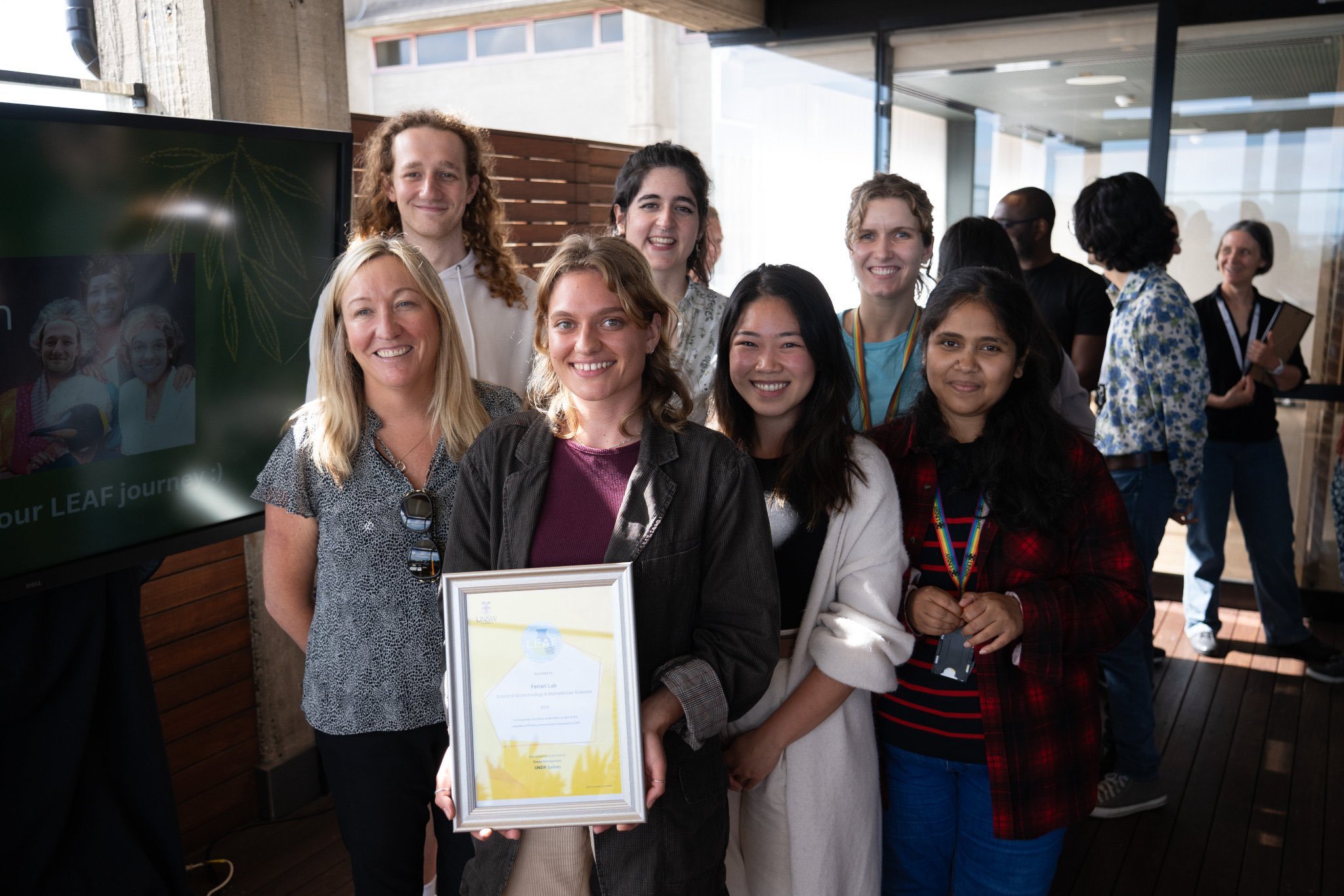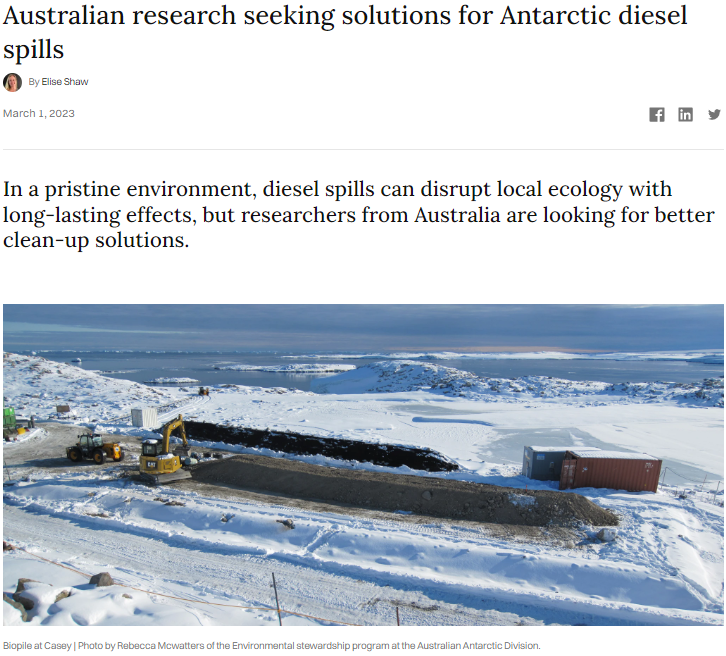Ferrari Lab is kicking off the second semester of 2024 at full steam, and we're excited to welcome some new faces to our team. Nathali Machado and Shruti Sharma have joined us, and they’re already collaborating on an exciting project focused on the exploration of endolithic bacteria.
As part of our global engagement, several members of the lab are gearing up for major international conferences. We’re thrilled to be presenting our research at 19th International Symposium on Microbial Ecology in Cape Town, JGI’s annual symposium in Berkeley, the Second International Symposium on Soil Microbiome and Soil Health in Yangling, China, the Annual Meeting of the Chinese Microbial Ecology Society in Qingdao, China, the Environmental Science and Technology (GEST 2024) in London, and the 4th International Conference in Microbial Ecotoxicology in Sweden. Additionally, we have a busy schedule ahead with three more key events in Australia: JAMS, ESA, and AusME! Check out some of our presentations around the world:
1) “Atmospheric chemosynthesis: an overlooked primary production strategy in a changing climate” – Speaker Belinda Ferrari
2) “Proximity-litigation-based (Hi-C) sequencing unveils novel viruses and validates diversity of Asgard archaeal virome” – Speaker Julia Meltzer
3) “Unveiling petroleum contamination’s impact on microbial trace gas scavengers in Bunger Hills, East Antarctica” – Speaker Kellynn Tan
4) “Microbial survival strategies at the limits of life” - Speaker Belinda Ferrari
5) “Developing the first fungal toxicity test for Antarctica using an endemic fungal species” – Speaker Jordan Vink
It’s an epic time for Ferrari Lab, full of new adventures and opportunities to share our work with the world.









